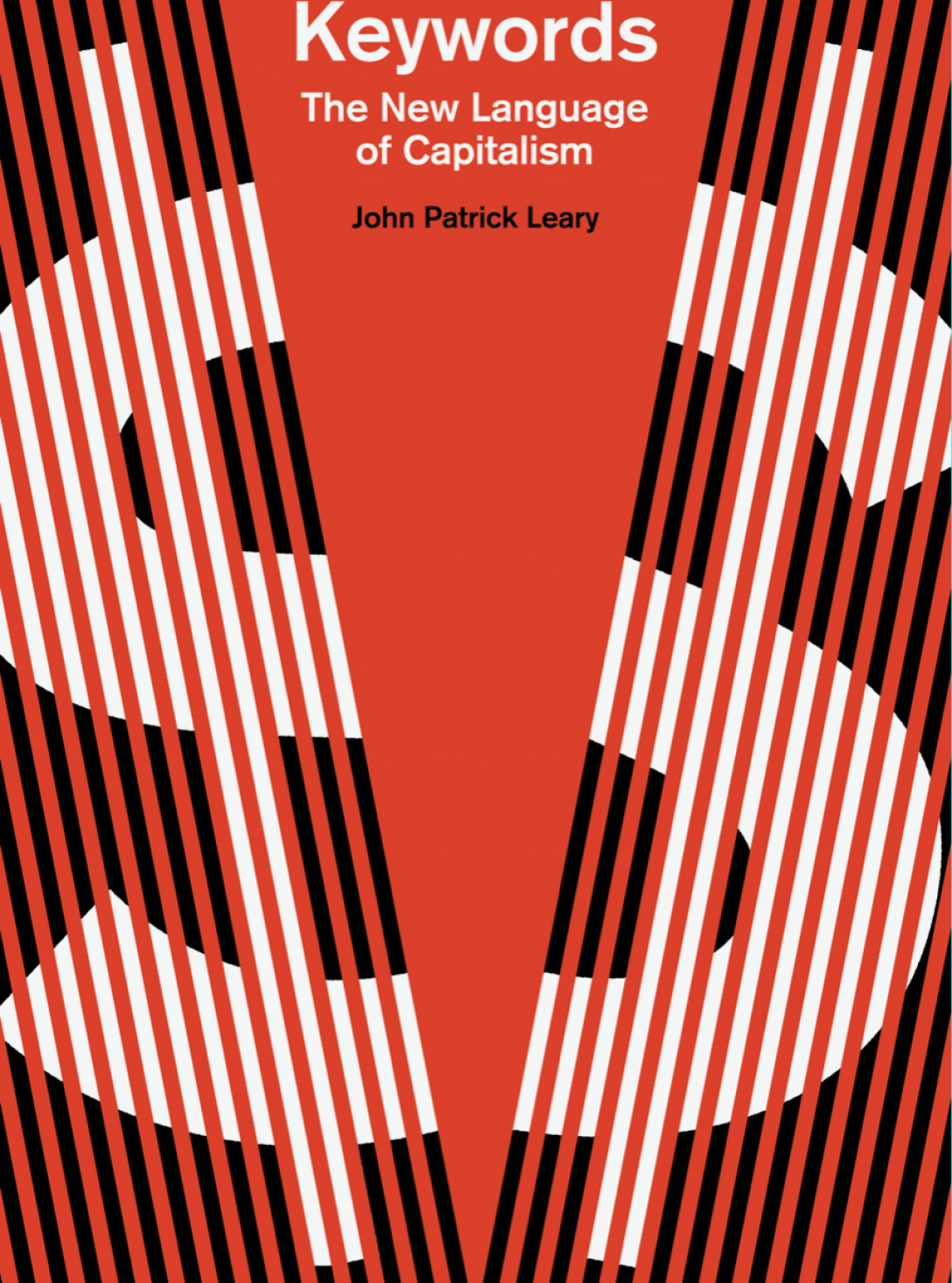Hillary Clinton’s open letter to “millennials” has had a lot of people talking. Much of the letter is a boiler-plate appeal to a generation that she claims to really really like, even if the feeling hasn’t been mutual. A lot of public discussion focused on her choice of the adjective “entrepreneurial” to describe people under 30. Clinton (or rather an unnamed campaign operative) says:
Your generation is the most open, diverse and entrepreneurial generation in our country’s history. And if we work together to take on the barriers that are holding you back and unleash your full potential, that won’t just improve your lives — it’ll make our entire country stronger.
It’s unclear, first of all, what it means to describe a generation as more “open” than another. Like “open,” and arguably “diverse,” “entrepreneurial” describes a set of attitudes that can’t be easily defined, much less quantified in any clear way. So what does Clinton mean by an “entrepreneurial” generation? On the one hand, as is always the case with “entrepreneurship” as a concept, she doesn’t mean anything. The millennial generation did not invent private property or exchange value, and thus cannot be said to be more entrepreneurial in spirit or fact than any other. It’s a word whose ideological meaning far outstrips any other significance it has. (2/3 of Americans under 30 are wage earners, so there’s that.)
Here and throughout the campaign, Clinton uses it as a synonym for “innovative.” Both terms clearly refer to a talent in starting and operating private businesses, and a kind of zeal for competition and the marketplace. This comes, of course, with the added suggestion that young folks, those digital natives, are particularly good at computer things. The tone-deafness of this particular appeal, as many have observed, lies in the fact that “millennials” as a demographic voted by a large margin for a socialist, not a pro-business liberal. What Clinton alludes to in this letter, but does not say, are some of the reasons for this leftward generational shift: the burdens of student debt, high housing costs, structural unemployment, general government disinvestment in any source of employment that doesn’t require use of a weapon.
So, even if you were to accept that people under 30 under more “entrepreneurial” than their elders, you would have to ask why. “Entrepreneurship” in Clinton’s terms therefore seems like a dressed-up version of what Lester Spence, in his important new book Knocking the Hustle: Against the Neoliberal Turn in Black Politics calls “the hustle.” Much like “creative” and even “millennial” itself, “entrepreneur” has an implicit class and racial connotation in the press and among politicians: they all a summon an unspoken middle-class whiteness unless stated otherwise. “Entrepreneur,” in particular, usually suggests a white tech worker or startup founder, plotting his (and it’s usually his) business over a laptop in a gentrified urban coffee shop or a California exurb; an entrepreneur, moreover, chooses this vocation, as the endless magazine articles chronicling the “entrepreneurial journey” attest. The “hustle,” on the other hand, comes to you, and it promises survival, but never wealth. As Spence writes:
The hustle. The concept of the “hustler” has changed somewhat over the past thirty years or so. Whereas in the late sixties and early seventies the hustler was someone who consistently sought to get over, the person who tried to do as little work as possible in order to make ends meet, with the “hustled” being the people who were victimized by these individuals (“He hustled me”), the hustler is now someone who consistently works. I can’t go a week on the subway without seeing someone sell incense, or gloves in the winter. I can’t wait for the MTA 22 bus at Mondawmin mall for more than ten minutes without running into someone selling “loose ones” (individual cigarettes), or bottled water during the summer. And the hustle rather than being the act of trying to get over has now been transformed to the point where it means the exact opposite—”hustle” and “grind” are now often used interchangeably.
Selling bottled water on the street is literally entrepreneurial activity, but this isn’t what Clinton means. But in another sense, it’s exactly what she means, if we read Spence’s analysis of “the hustle” as symptomatic of broader shifts in the neoliberal economy that fall particularly hard on black workers. The most indebted generation in recent history, facing its worst and most unstable job market, compelled to work longer and study less than their forebears, might just be the most “entrepreneurial” in recent memory. “Entrepreneurship” sure sounds a lot nicer than “the grind.”
